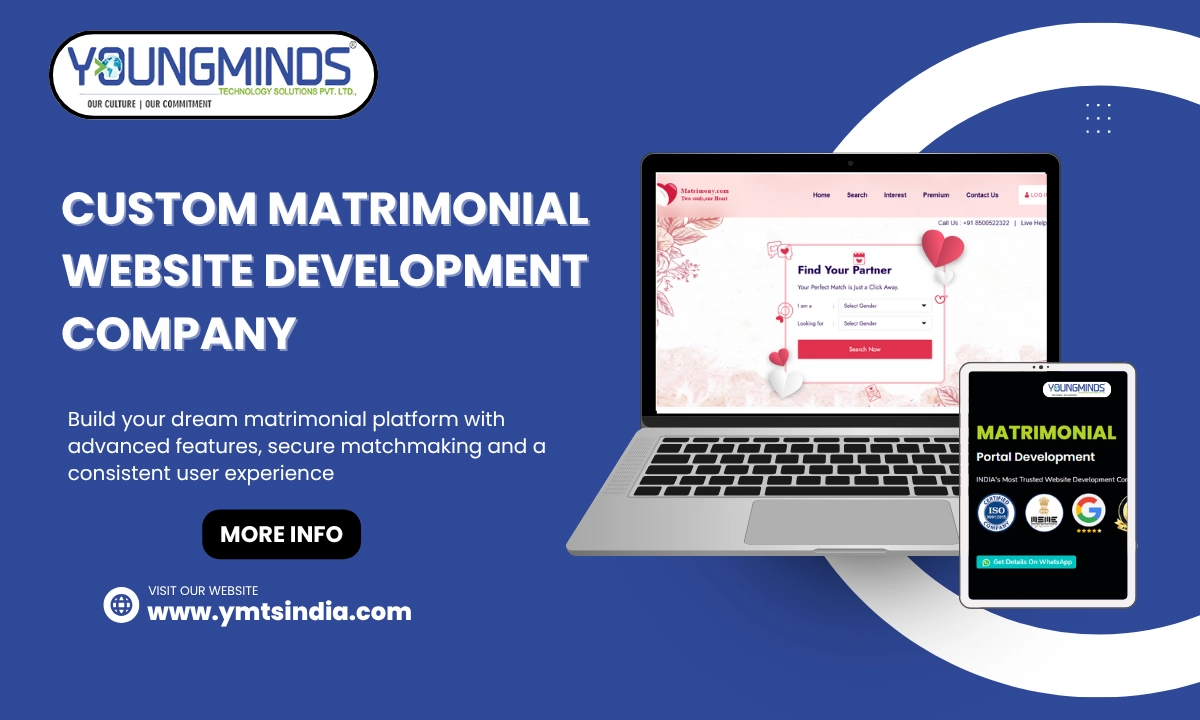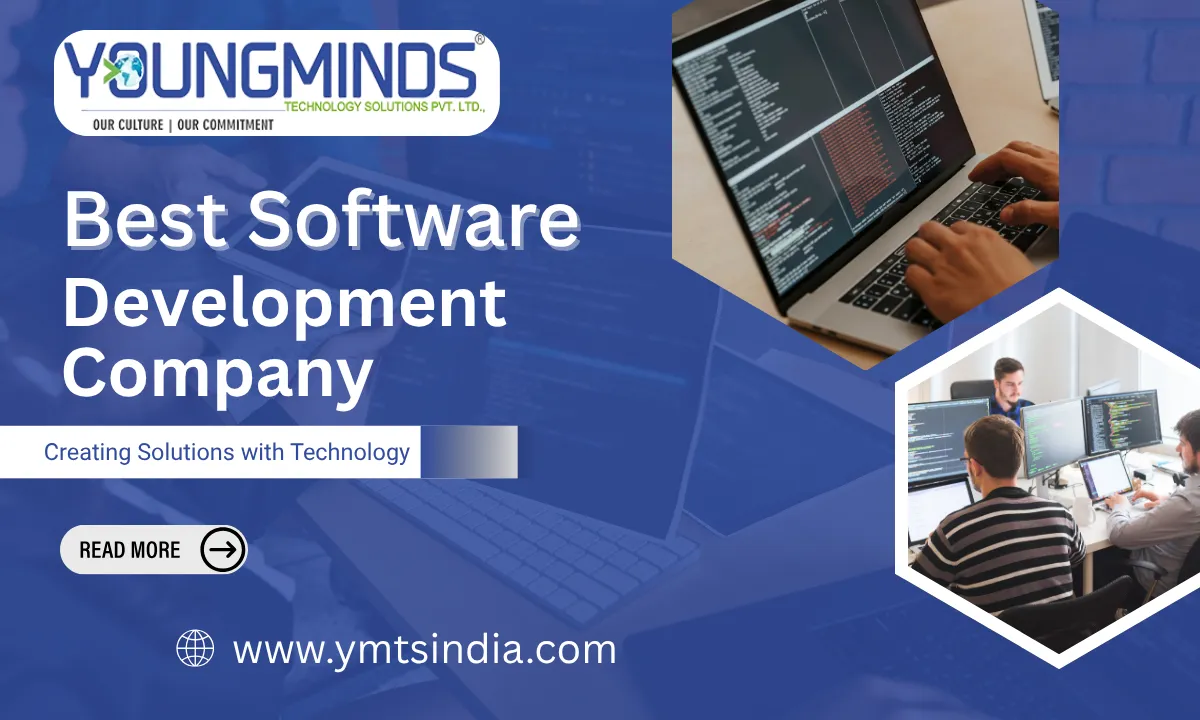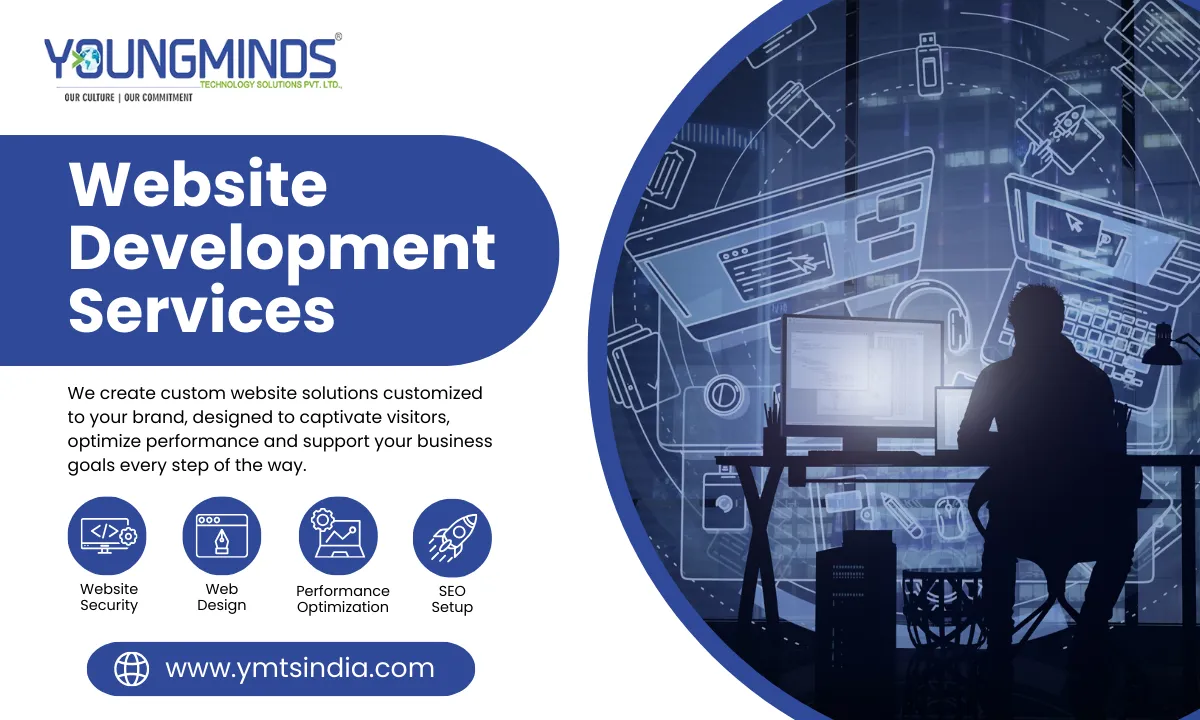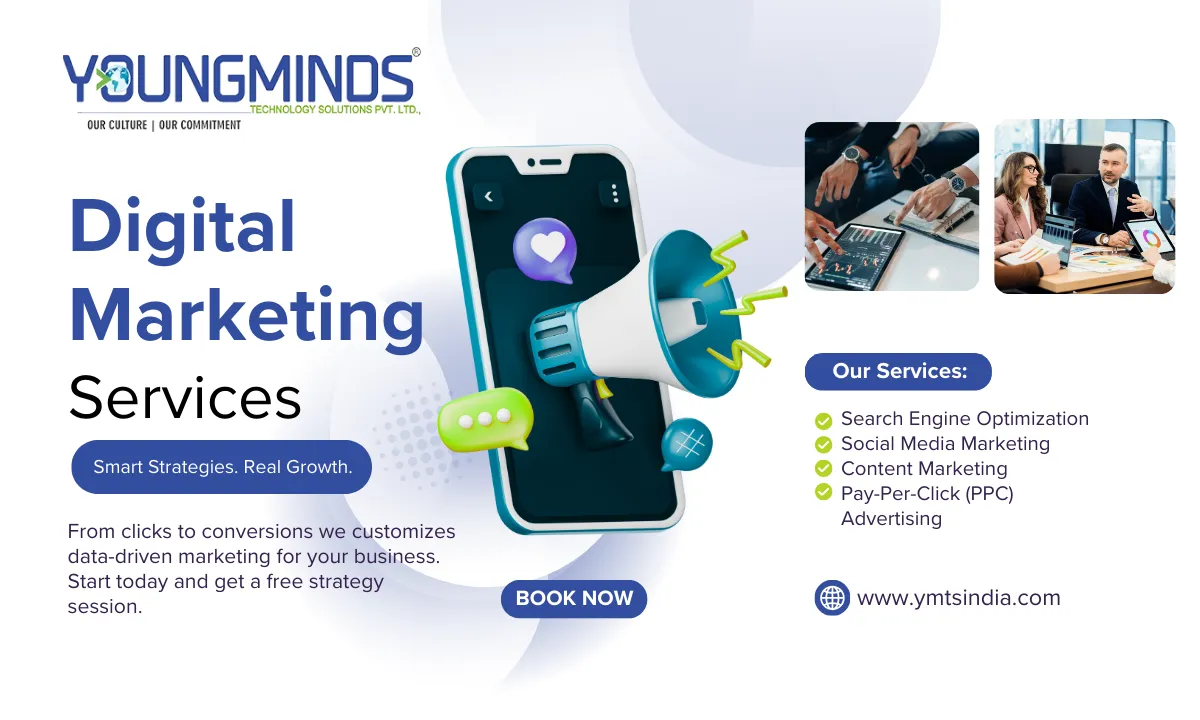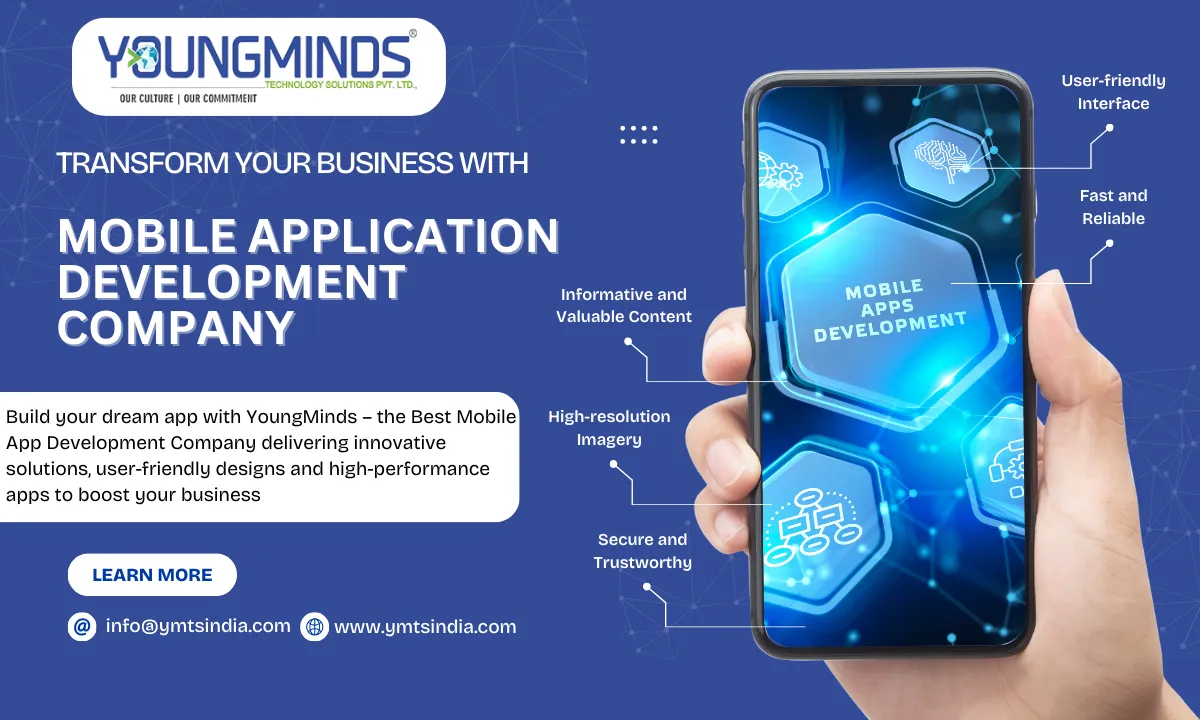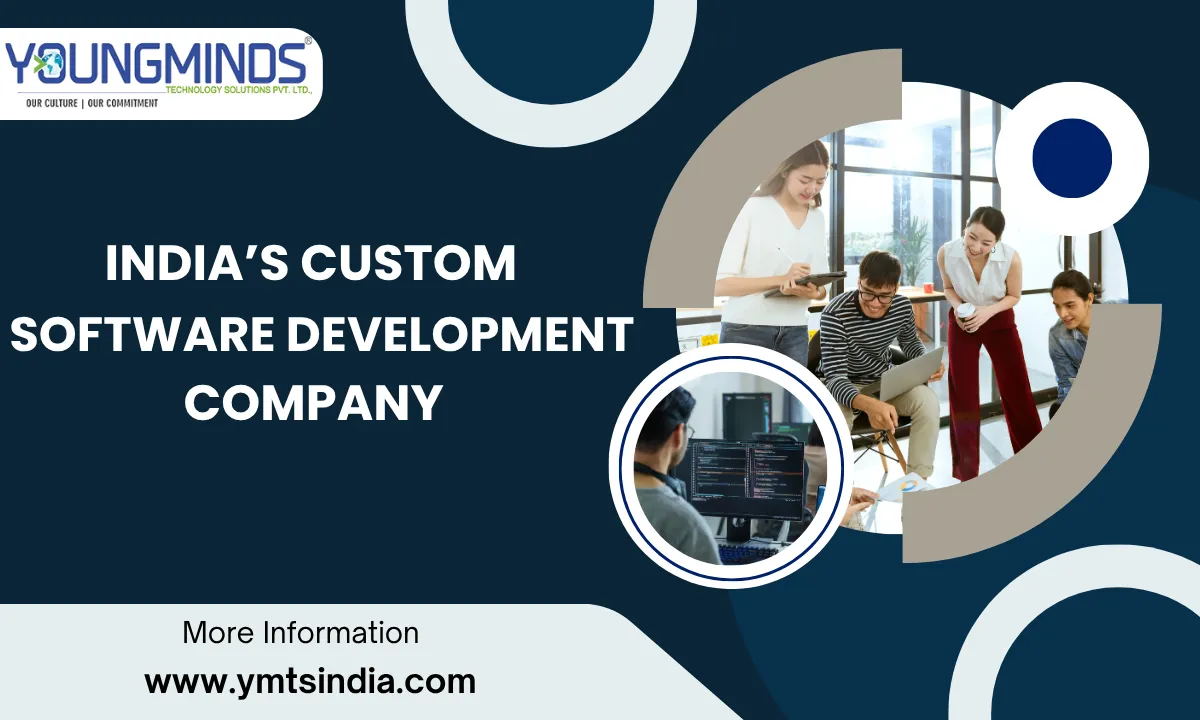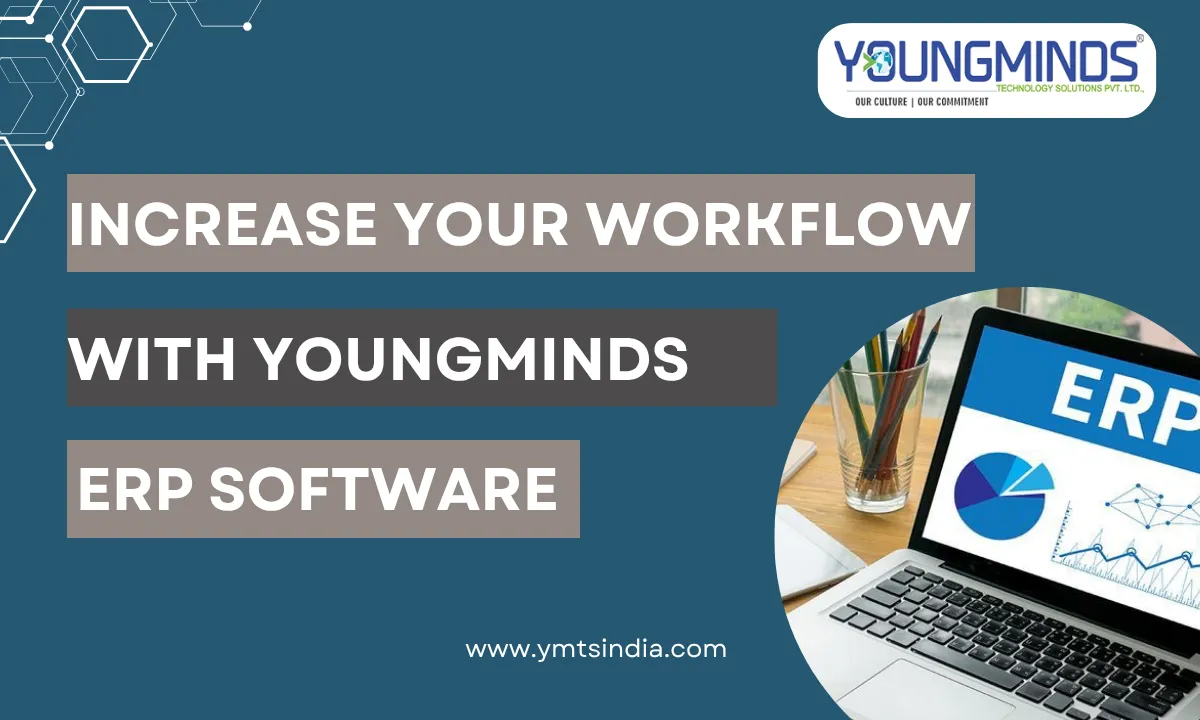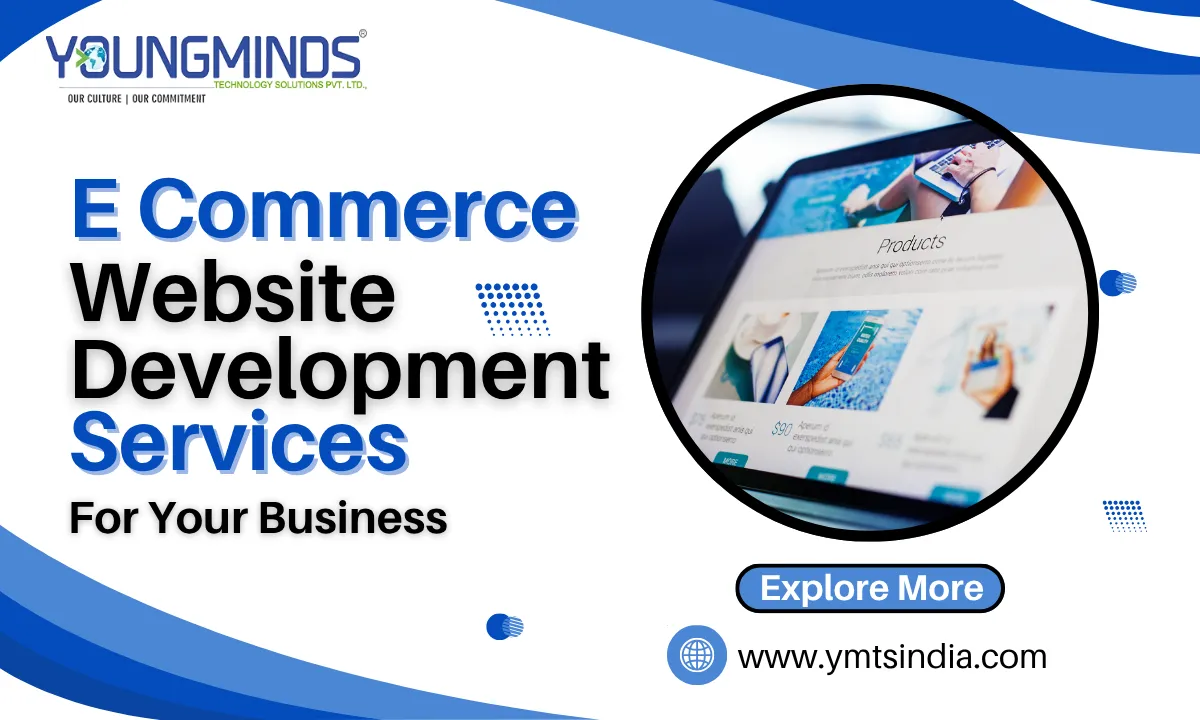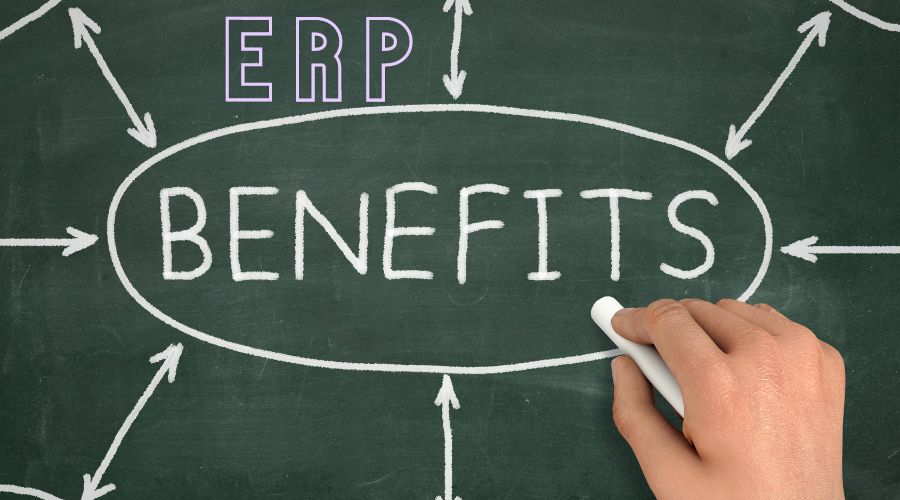Best practices for choosing an ERP software solution
Choosing an enterprise resource planning (ERP) software solution is a critical decision for any business. An ERP system can help businesses streamline their operations, improve productivity, and optimize business processes. However, choosing the right ERP software can be a daunting task, given the number of options available in the market. In this article, we'll explore best practices for choosing an ERP software solution that meets your business needs.
1. Define your business requirements
Before choosing an ERP software solution, it's important to define your business requirements. This includes identifying the specific business processes you want to automate, the features you need in an ERP system, and the data you need to track. For example, a manufacturing company may require an ERP system that can automate production planning, inventory management, and order fulfillment.
Defining your business requirements can help you narrow down your search for an ERP software solution and ensure that the solution you choose meets your business needs.
2. Evaluate different ERP software solutions
Once you have defined your business requirements, you can start evaluating different ERP software solutions. This includes researching different vendors, reading product reviews, and attending product demonstrations. It's important to evaluate multiple ERP software solutions to ensure that you choose the one that best meets your business needs.
During the evaluation process, it's important to consider factors such as the software's functionality, ease of use, scalability, and cost. It's also important to consider the vendor's reputation, customer support, and implementation process.
3. Determine your budget
Before choosing an ERP software solution, it's important to determine your budget. This includes considering the upfront costs of purchasing and implementing the software, as well as the ongoing costs of maintenance and support.
It's also important to consider the return on investment (ROI) of implementing an ERP system. While an ERP system can be a significant investment, it can also help businesses save money in the long run by improving efficiency, reducing costs, and increasing productivity.
4. Consider cloud-based vs. on-premise solutions
One important decision to make when choosing an ERP software solution is whether to opt for a cloud-based or on-premise solution. Cloud-based ERP solutions are hosted in the cloud and accessed through the internet, while on-premise solutions are installed on a company's servers.
Cloud-based ERP solutions offer several benefits, including scalability, flexibility, and lower upfront costs. They also require less IT resources and can be accessed from anywhere with an internet connection.
On-premise solutions, on the other hand, offer more control over data and may be more suitable for companies with complex data security requirements.
5. Choose a vendor with strong customer support
Choosing an ERP software solution is not just about the software itself; it's also about the vendor that provides the software. When choosing an ERP software solution, it's important to choose a vendor with strong customer support.
This includes ensuring that the vendor offers training and support services to help businesses implement and use the software effectively. It also includes checking the vendor's reputation and track record of delivering quality software and support.
6. Plan for implementation
Implementing an ERP system can be a complex process, and it's important to plan for implementation before choosing an ERP software solution. This includes identifying the resources required for implementation, such as IT staff and training, and developing a timeline for implementation.
It's also important to communicate with employees about the implementation process and involve them in the decision-making process. This can help ensure that the ERP system is adopted and used effectively throughout the organization.
In Conclusion, Choosing an ERP software solution is a critical decision for any business. By defining your business requirements, evaluating different ERP software solutions, determining your budget, considering cloud-based vs. on-premise solutions, choosing a vendor with strong customer support, and planning for implementation, you can choose an ERP system that meets your business needs.


